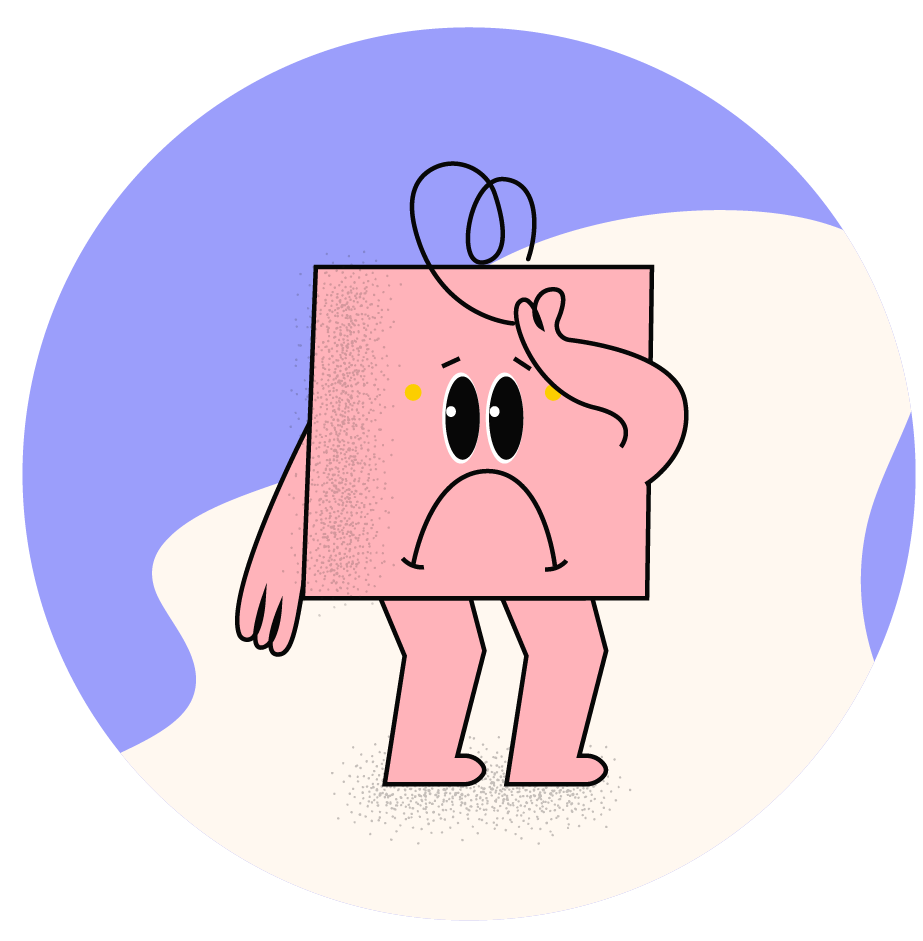Mood and sleep are interconnected, the two directly affect each other. Sleep influences mood, and mood influences sleep. Therefore, when you are not in a good state of mind, you usually have sleep problems. You cannot sleep when you are stressed, which explains why you would wake up feeling tired and exhausted the next morning, resulting in a lack of energy and a bad mood. That is why maintaining and balanced mood and sleep cycle is necessary. Inadequate sleep can contribute to mental health problems and exacerbate them.
Connection Between Mood and Sleep: Factors
Sleeping patterns can differ from person to person, but the Centres for Disease Control and Prevention (CDC) recommends that adults get at least seven hours of sleep each night.
Quality of sleep is as important as quantity of sleep. Regardless of how many hours someone slept the night before, poor quality sleep will hamper the mood and sleep connection and cause them to feel tired the next day.
Your age, levels of physical activity and your health condition can affect how much sleep you might need. But, it is recommended that children and teenagers receive 9 to 10 hours of sleep a night. As a child grows into a teenager, they seem to sleep late, get tired later, and wake up late. And the average adult requires around 8 hours of sleep per night.
There may be multiple reasons why an individual may not get sufficient sleep, leading to mood and sleep disorders. Examples:
- Stress-related to work, relationships, and finances.
- Family issues.
- Noisy surroundings or an unsuitable temperature for sleeping.
- Various psychological or physical conditions.
- Taking care of someone overnight.
- Intoxication.
- Prolonged use of mobile phones and laptops before sleeping.
Mood and Sleep and How it Affects your Day
The impact of a bad night’s sleep or an interrupted night’s sleep can be detrimental the next day because it can lead to an agitated mood. It is extremely worrying because sleep deprivation literally affects a person’s ability to function normally because it can make us irritable, make it hard to concentrate on tasks and make us feel lethargic.
Sleep disruptions can also persist over a longer period of time and may lead to the development of different mood and sleep related chronic physical and mental health conditions like hypertension, heart disease, insomnia, acute stress disorder, etc. Symptoms of sleep disorders are also closely linked to mood disorders like depression, post-traumatic stress disorder etc. because it affects the mood changes.

Improve sleep hygiene for increased and peaceful rest through lifestyle changes
Eradicate sleep disturbances through therapy
Best Practices for Good Sleep
For a better mood and sleep cycle, you need to make time and prioritise sleep. To get good sleep, one should always practice good sleep hygiene, that is, follow habits and practices that help you to sleep well. Following are some tips to get good sleep:
Follow a consistent schedule. Go to bed at the same time and wake up at the same time every day.
- Reduce screen time two hours before bedtime to avoid exposure to blue light.
- Avoid caffeine, alcohol, and other stimulants before bedtime.
- Maintain a dark, quiet, and comfortable sleeping environment.
- Be active in the day to ensure a good sleep at night.
- Avoid taking naps during the day.
- Consider practising sleep yoga.
- Take a relaxing bath or hot shower before going to bed.
- Ensure your bedding and pillows are comfortable.
You should try to resolve the issue you are concerned about or put it aside until tomorrow.
Understand Your Mood and Sleep
We all have those nights when we don’t get proper sleep, either because we stayed up late, are in transit, jet lagged or have had a rough day. However, if you notice that you are increasingly facing trouble falling asleep, or have disturbed sleep, or are unable to sleep – you may require professional help.
Look for patterns and pay attention to how you feel upon waking up, since mood and sleep are interconnected. Instead of going about your day on autopilot, observe how restful your sleep has been, whether you notice any aches or pains upon waking up, or any changes in your mood, good or bad. Mood and sleep have an effect on our ability to lead a productive day, so don’t ignore any signs your body or mind may be giving you.
If you find it difficult to sleep, even after multiple attempts, or if you struggle to get a good night’s sleep, take our Sleep Quality Checker quiz, which will help you assess the quality of your sleep pattern.
If you feel like you need help with your sleep or anything else related to your mood and mind, reach out to us – we’re here to listen.







